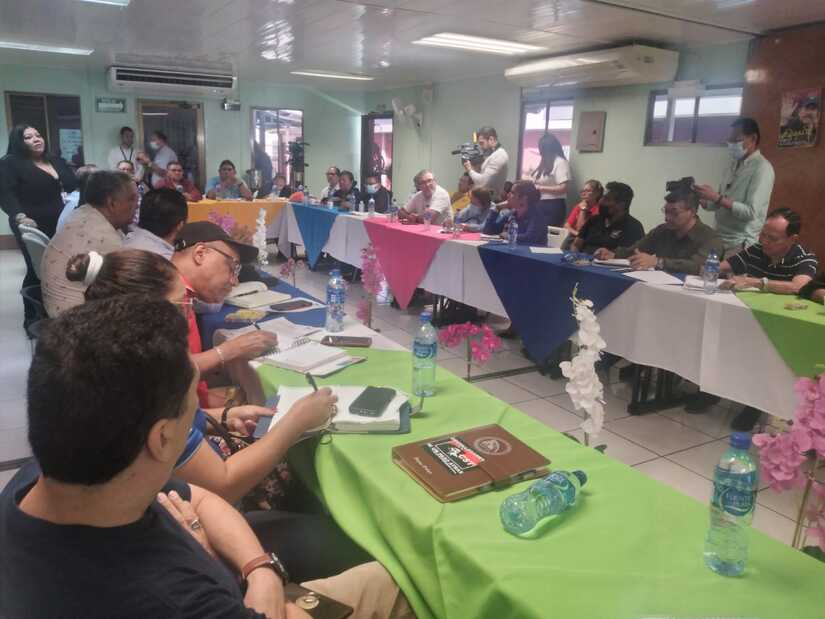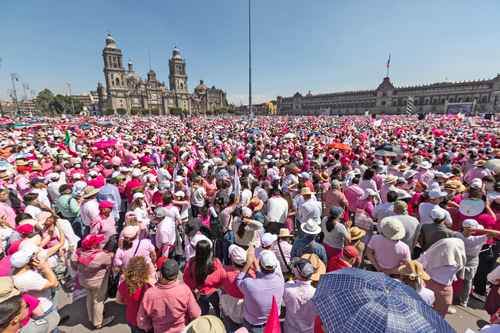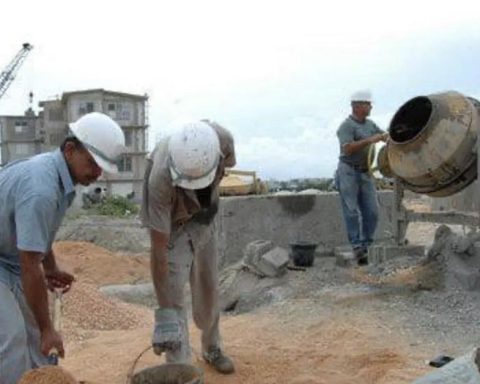The National Minimum Wage Commission agreed to a 10% increase in the most basic wages paid in Nicaragua, with the exception of that earned by workers of companies that operate in the free zone regime, which will be only 8%. Although these increases are higher than those of previous years, they are still insufficient to keep up with inflation in the country, which was 11.6% in 2022.
According to Law 625, Minimum Wage Lawthe Ministry of Labor must convene the aforementioned Commission twice a year, preferably trying to make it a tripartite negotiation, in which representatives of the workers and employers participate, under the supervision of the Ministry of Labor, to negotiate the amount of the ten minimum wages that exist in Nicaragua.
Even though it is high, this 10% readjustment in nine of the ten categories does not comply with the legal imperative that mandates “automatically readjusting the minimum wage based on the loss of purchasing power indicated by the semi-annual variation of the Price Index to the Consumer (CPI), that is to say, the semi-annual inflation rate officially announced by the Central Bank of Nicaragua, plus the real growth of each sector of the economy”.
Although for years, the Higher Council for Private Enterprise (Cosep) was the one that represented businessmen, it stopped being called after it was excluded from the Dialogue and Consensus Model, in retaliation for siding with the citizens who were being massacred. by the regime, in the context of the April 2018 Rebellion.
Salary does not cover the cost of food
None of the new minimum wages (from C$ 5,196.34 to be earned by the agricultural sector, up to C$ 11,628.95 for construction, financial establishments, and insurance) that will be in force for one year from March 1, 2023, it covers the cost of the basic basket of 53 products, which is estimated in Nicaragua, valued at 19,023.13 córdobas for the month of January 2023, according to the government’s National Institute of Development Information (Inide).
The highest salary, which is the one paid to the construction and financial sectors, covers only 85.7% of the C$ 13,576.44 that the food component of the basic basket costs, which contradicts the text of article two of the Law 625, which defines the minimum wage as “ordinary remuneration that satisfies the worker’s minimum material, social, moral and cultural security needs and that is related to the cost of the basic necessities of life and the conditions and needs in the various regions of the country.
Although investment promotion agencies and the Government itself use the low wages paid in the country as an incentive to convince foreign businessmen to invest in the country, the low income earned by families forces them to starveat the same time that it becomes a brake on the economic development of the country, because, since there is not enough money, there is not enough consumption or savings.
That makes the reception of more than 3.2 billion dollars in remittancesonly in 2022, is the factor that makes the difference between the possibility of eating three times a day, or skipping a meal, or having to eat less foodwith the risk of malnutrition or malnutrition that this entails.
New minimum wages
Construction, finance, C$ 11628.95
Trade, tourism, C$ 9531.14
Mines and quarries, C$ 9332.44
Free zones, C$ 8098.40
Fishing, C$ 7901.21
Personal services, C$ 7284.71
Manufacturing, C$ 6987.06
Central and municipal government, C$ 6480.04
MSMEs, C$ 5474.77
Agricultural, C$ 5196.34

















